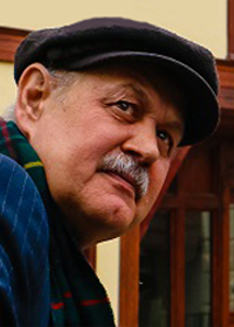The “NGO Dream” And A Model For Child Labour
The “modernization” efforts of Turkey is ongoing with the participation of the community to this action through its organizations while gradually increasing its influence. Within this context, community organizations (trade unions, cooperatives, associations, foundations, private research institutions etc) want to increase their independence and somehow to change their functions. This trend is the outcome of searching a new sight.
Fişek Institute on Health Services and Research is the follower of community medicine ideal that introduces a scientific and social policy approach to the various health and social problems of the community.
As a practical action, the Institute tries to support the neglected workers (and working children) in poverty – who also disregard their own health – by community health actions and health and social unit studies in small industrial regions (Fişek Model) performed with the collaboration of several community organizations.
Except the model study started in 1982 and revealed its initial outcomes in 1986, there have been no efforts to offer health services to small scale enterprises in our country. One of the most important properties of this model is the employers’ contribution to the expenditures. The only indicator to determine the extent of contribution is the number of adult workers in the workplace benefiting from the service. Since 1992; the facilities in the implementation centre in Ankara have been improved, the new implementation centres in İstanbul, Denizli and İzmir have been established with the financial support from ILO/IPEC project.
Our study has been proposed to United Nations as a candidate for “Best Practice” by the HABITAT Provincial Coordination Unit of Prime Ministry.
As for the study in small enterprises that employ children, the emphasize on child originates from the concept of “debt of loyalty”. While children of the same age continue their education by benefiting public sources, working children produce these sources (taxes) by themselves. If the society can not offer an appropriate life to these children, then it has a debt of loyalty to them. Fişek Model proposes the society a way of paying this debt.
Fişek Institute, as an NGO following a public ideal, constitutes a focus of interest and attraction for people agreed upon the same principles. It holds the role of combining the “dreams” of individuals which they can not realize alone, and convert them into a community medicine action.
KEYWORDS
child labour
non-governmental organisations
occupational health and safety
school health (application in apprenticeship training center)
community medicine
